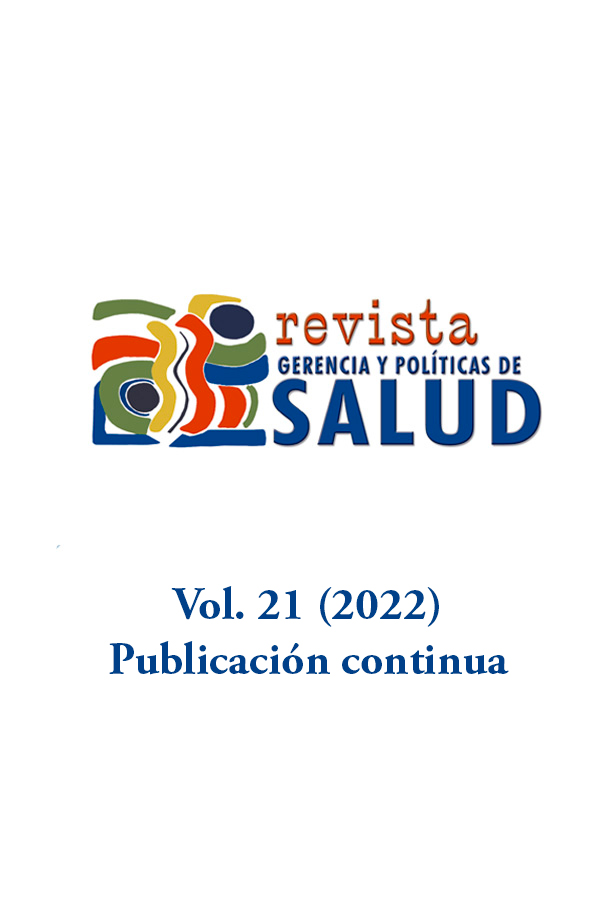Abstract
This paper shows the experiences in the everyday life for people diagnosed with colorectal cancer (CRC), as well as their experiences with the healthcare system. The study was addressed from a phenomenological approach, by applying 12 in-depth interviews in Medellin, Colombia, in 2018. The recognition of their own stories, full health provision as a Human Right, the struggle against the CRC, and cancer in general, as a “rebirth” to an integral life course, were the four analyzed categories. It was found that the State, the physicians, and dominant sectors have been the actual beneficiaries in prevention of health program and policymaking, as well as care and control of non-communicable diseases, like cancer, with the consequent omission of the individual as an essential social actor. As a conclusion, the experience of the subject with CCR must considered, avoiding excluding the subjectivity, on the basis of a medical knowledge, which is supposed to be objective and neutral. Furthermore, blaming to those suffering the illness due to their exposition to risk factors should be rethought, considering that the greatest burden of these factors is not under their control, and that those factors are socially and unfairly distributed.

This work is licensed under a Creative Commons Attribution 4.0 International License.
Copyright (c) 2022 Fernando Giraldo Piedrahita, Samuel Arias-Valencia , Ivan Arroyave, Luz Mery Mejía Ortega


